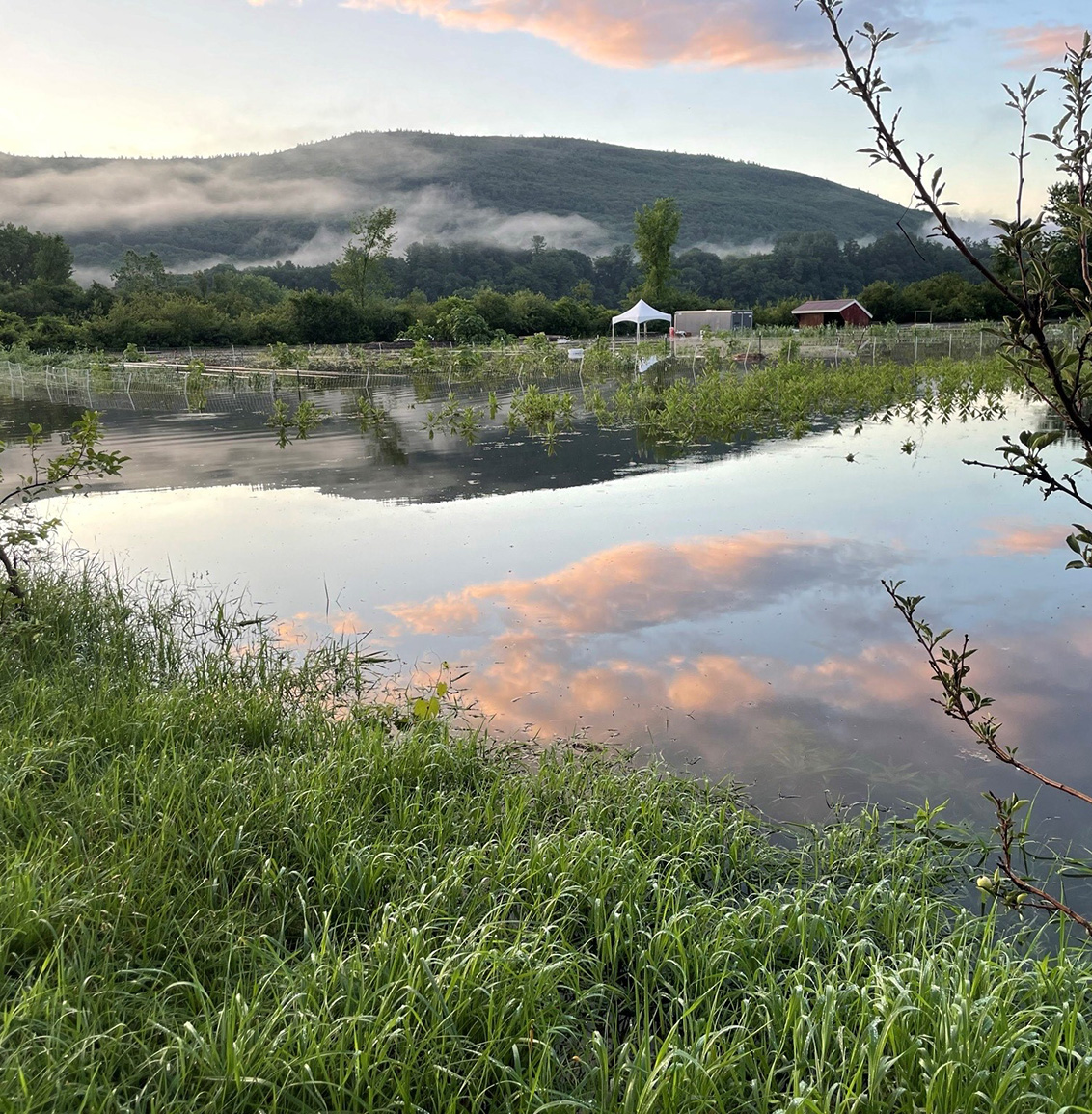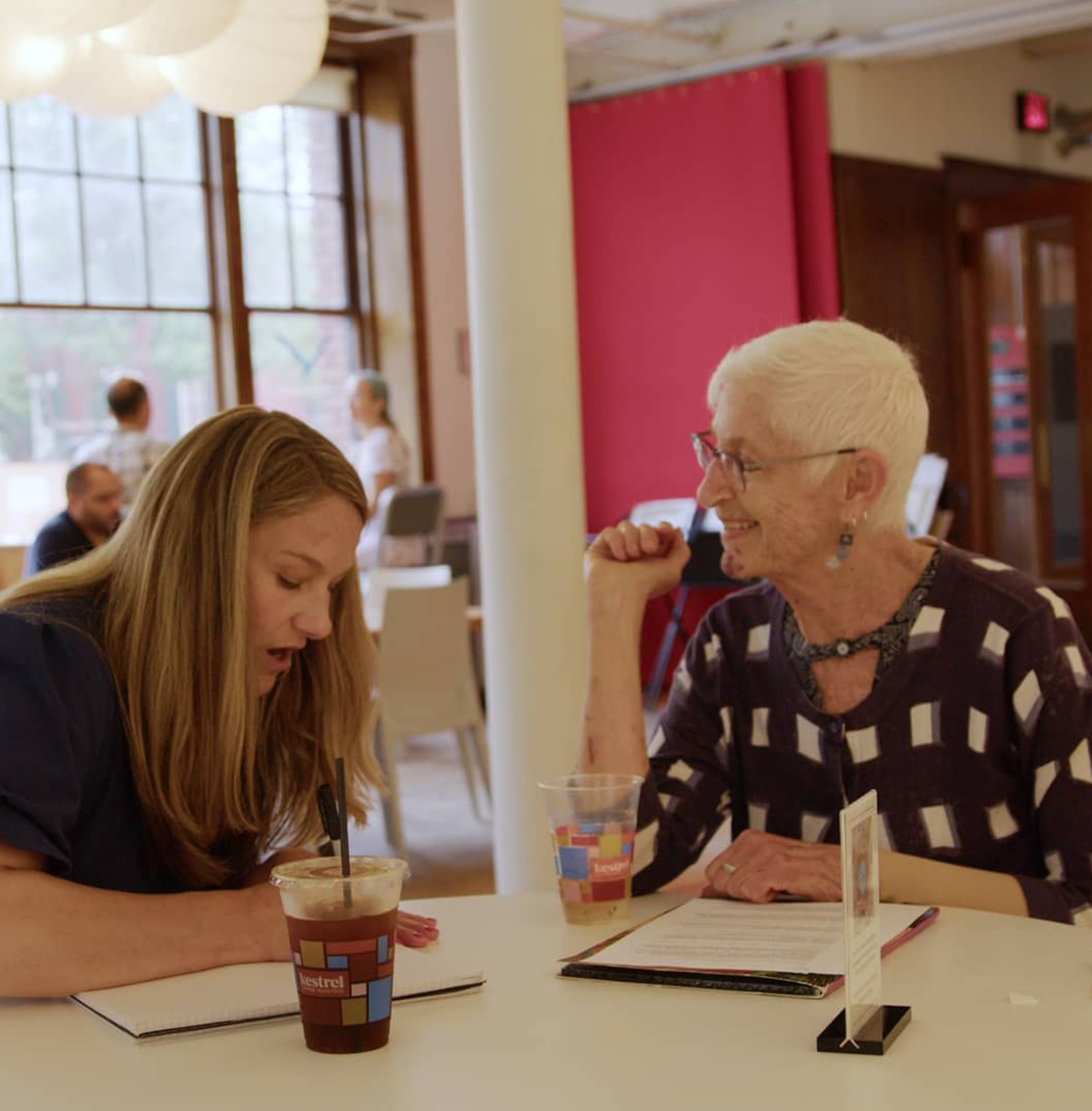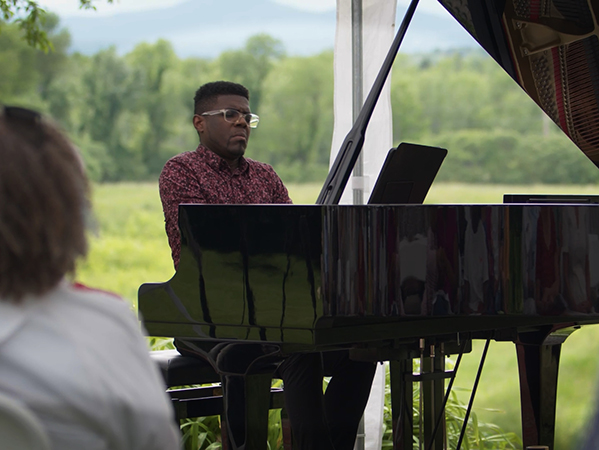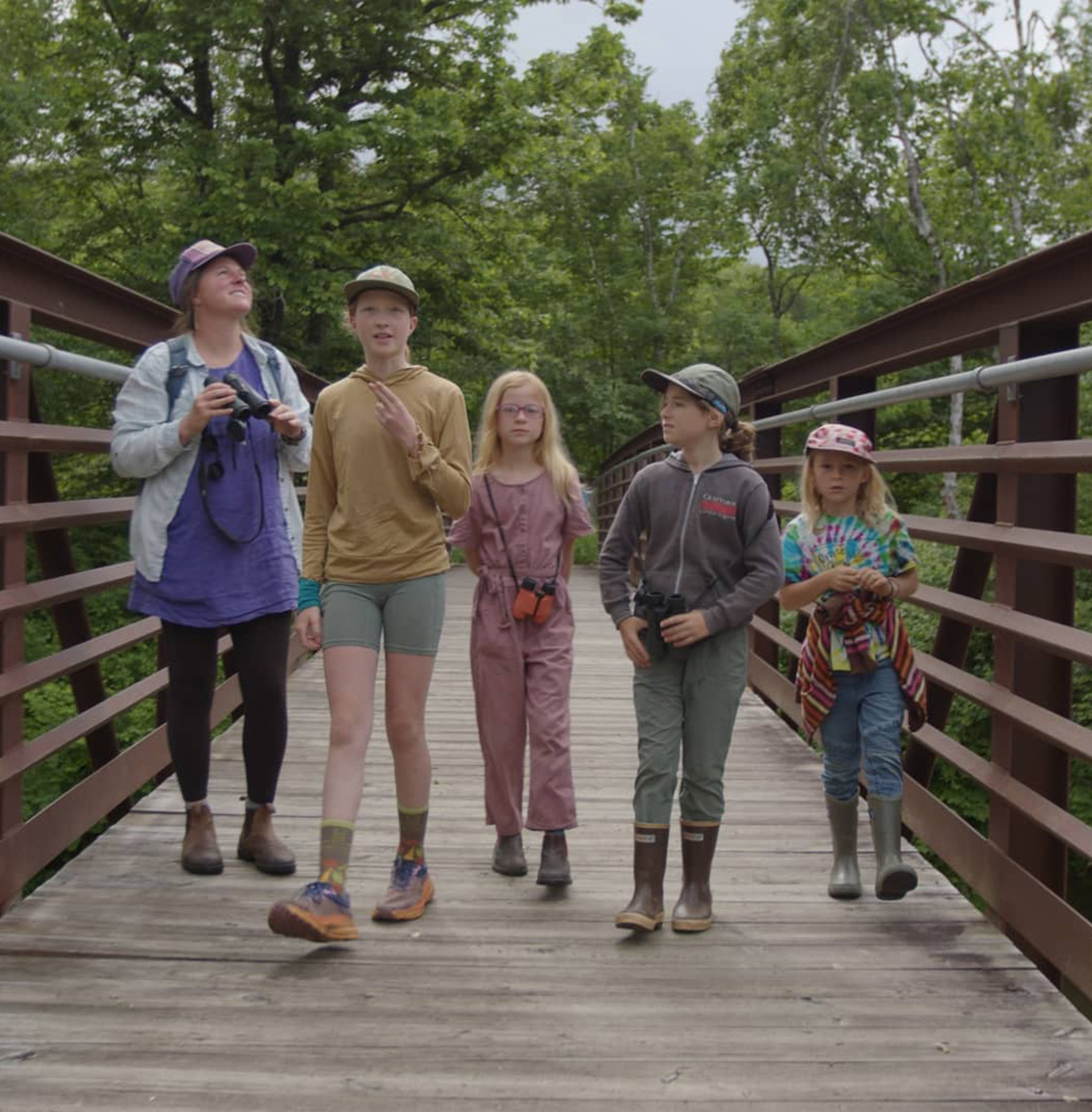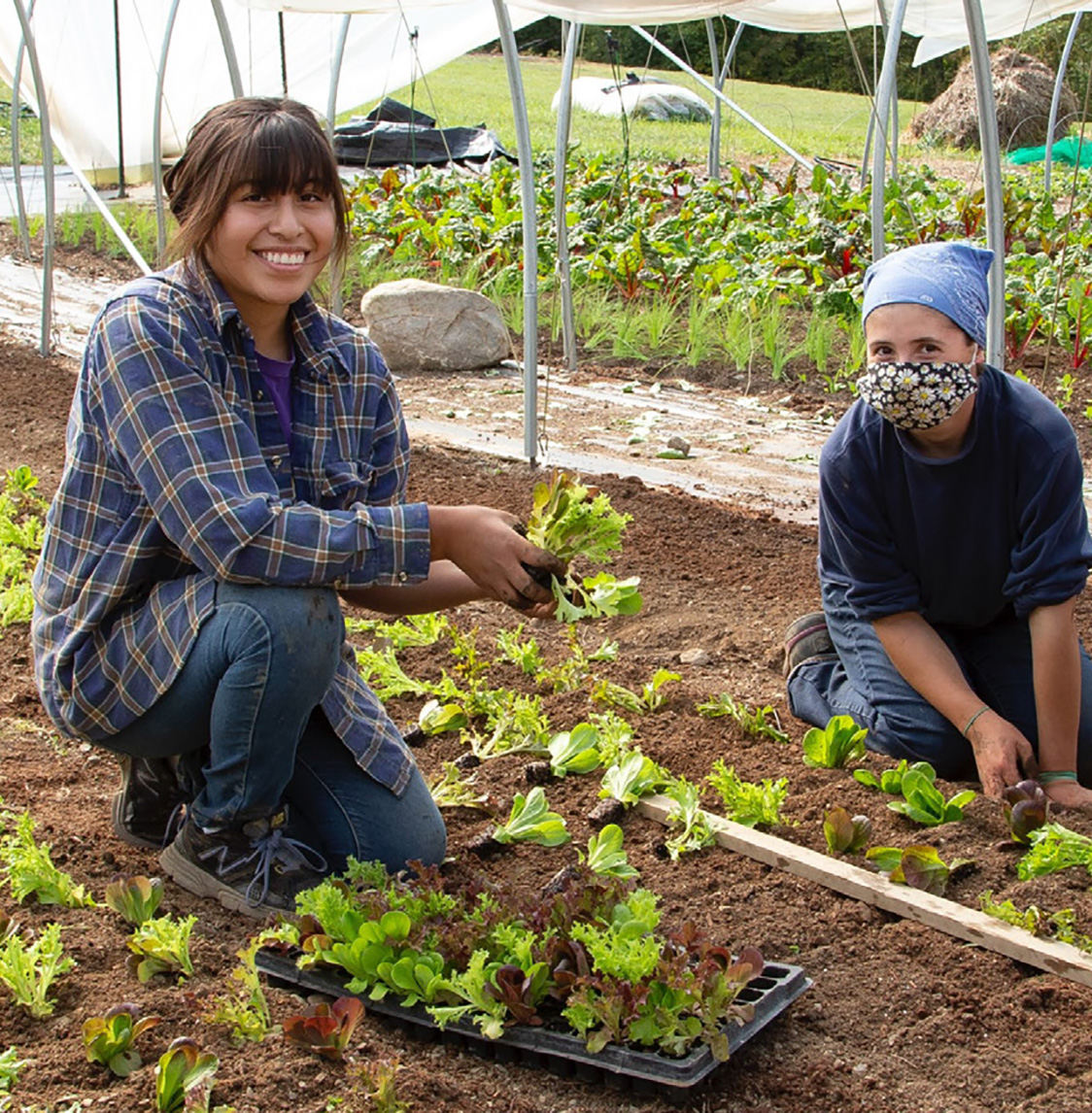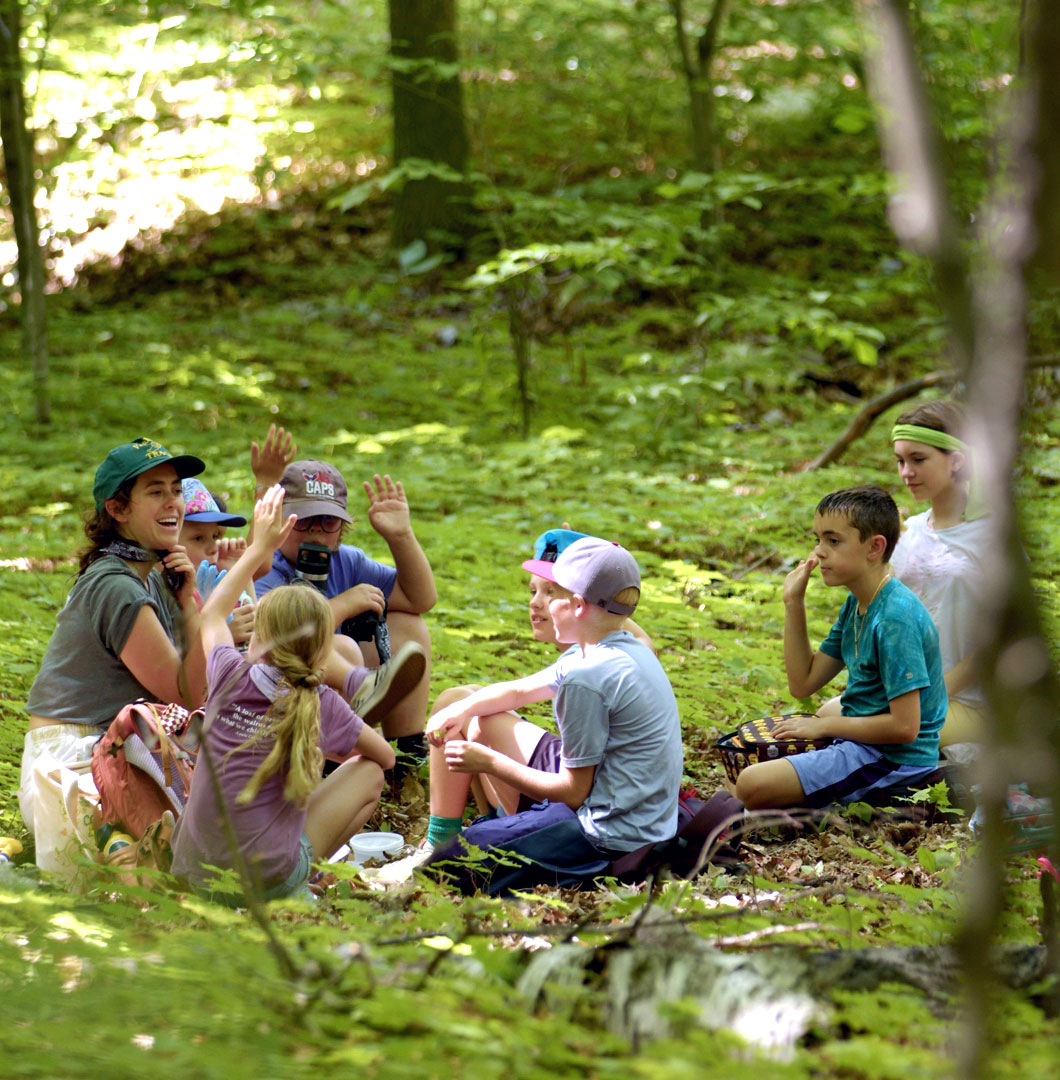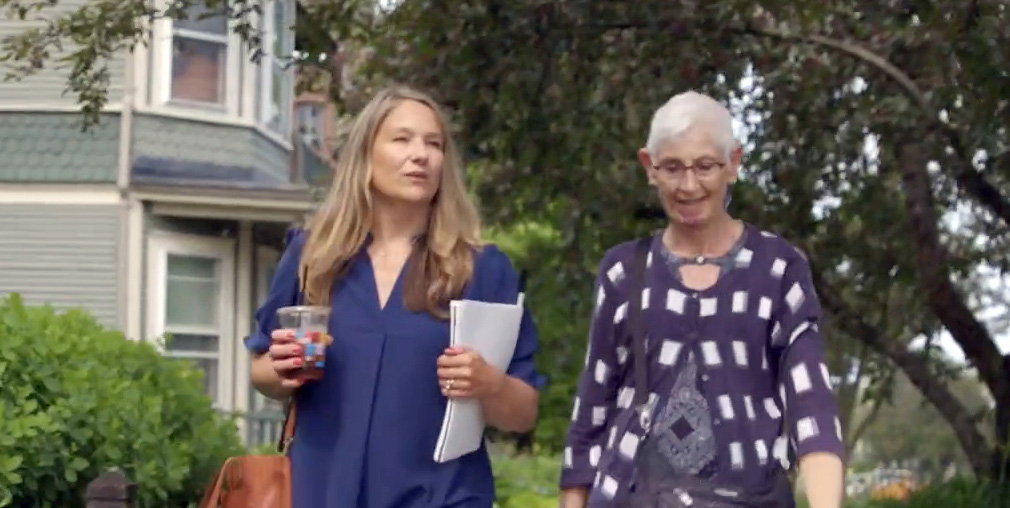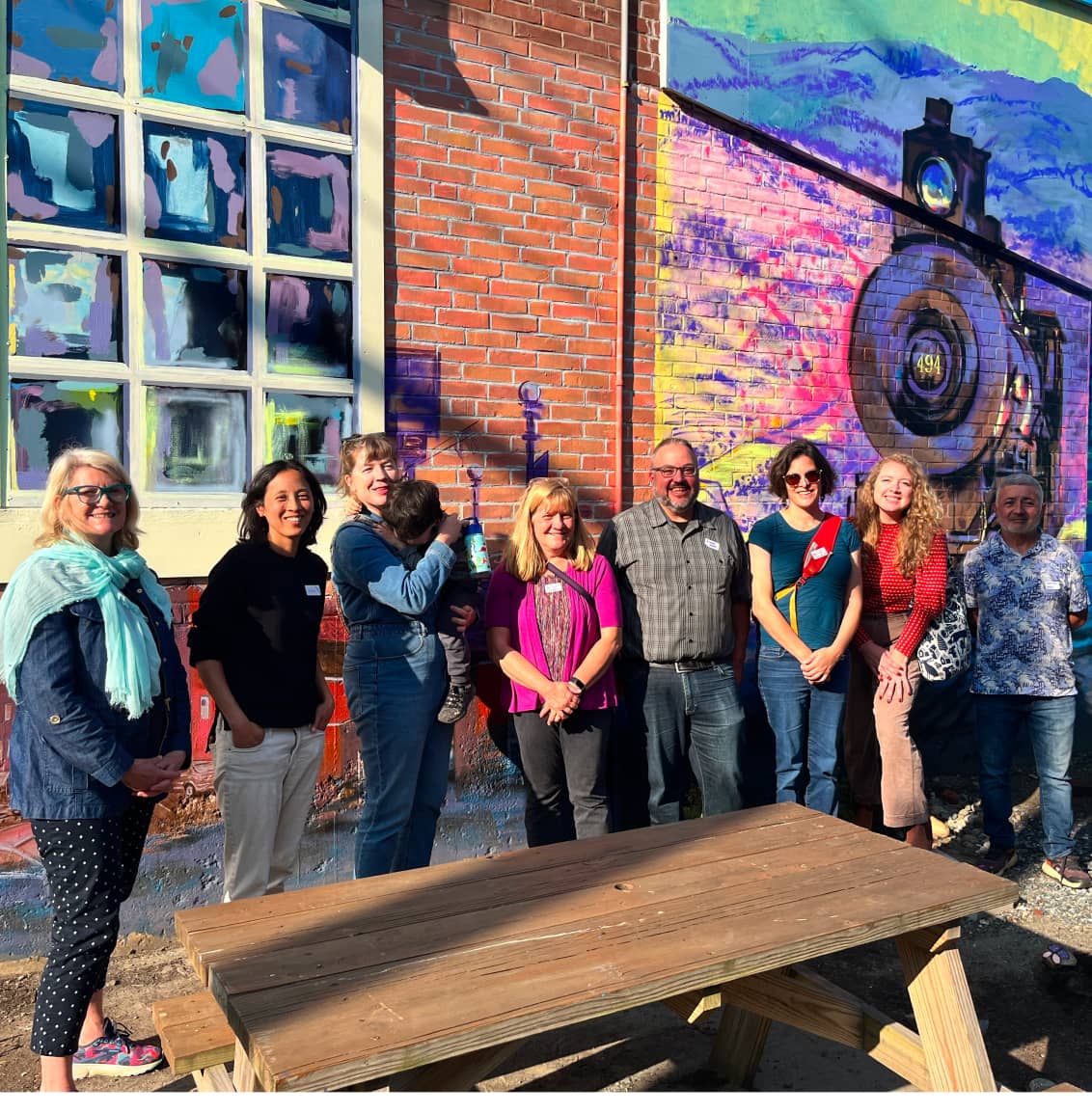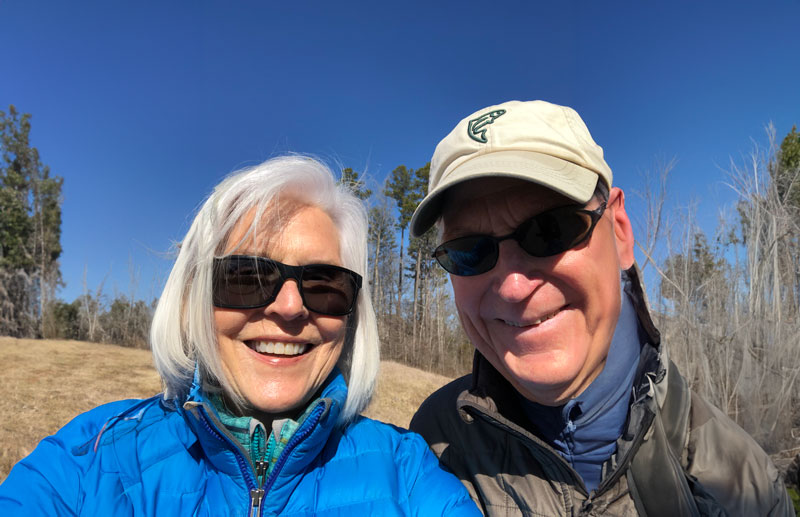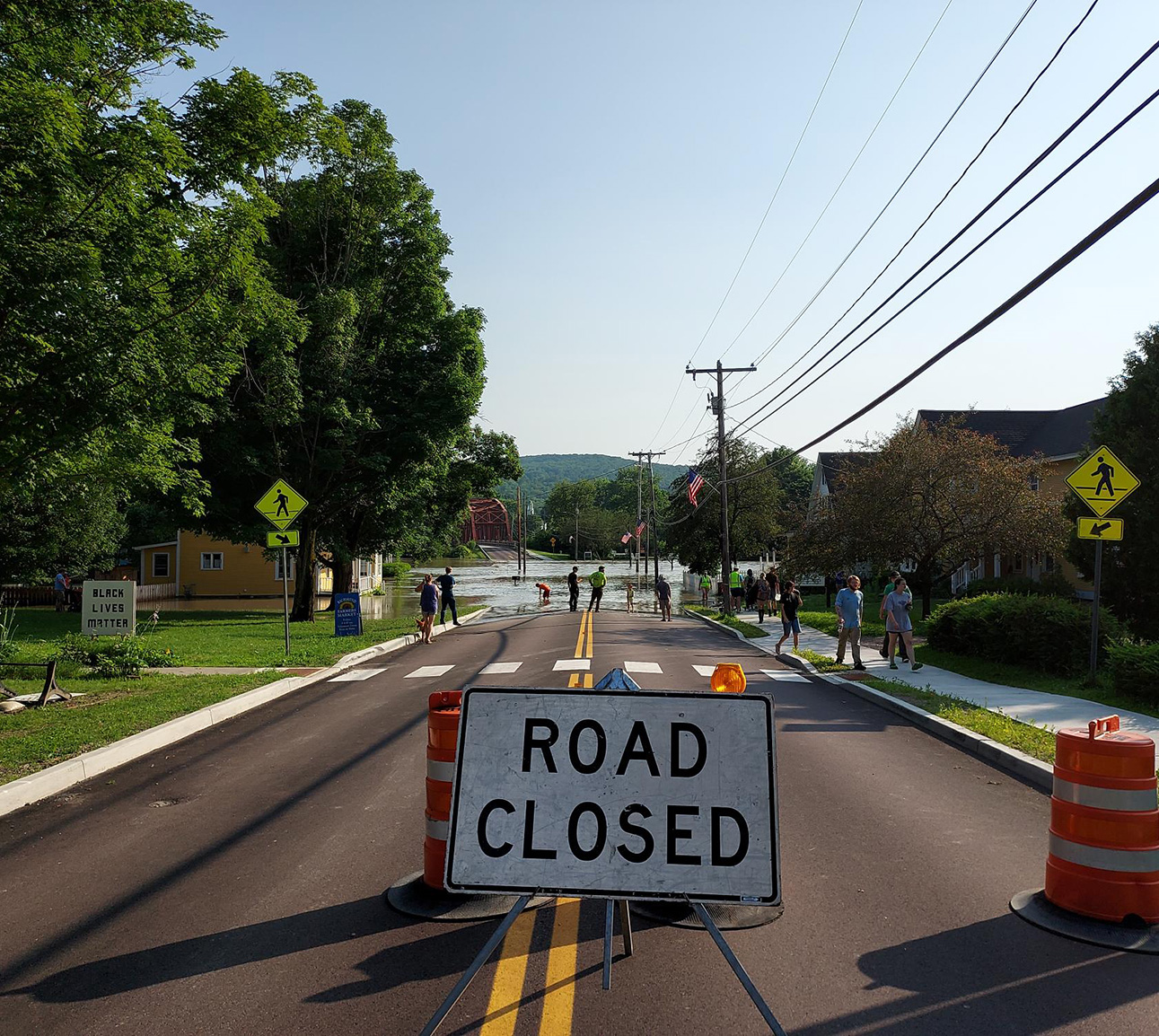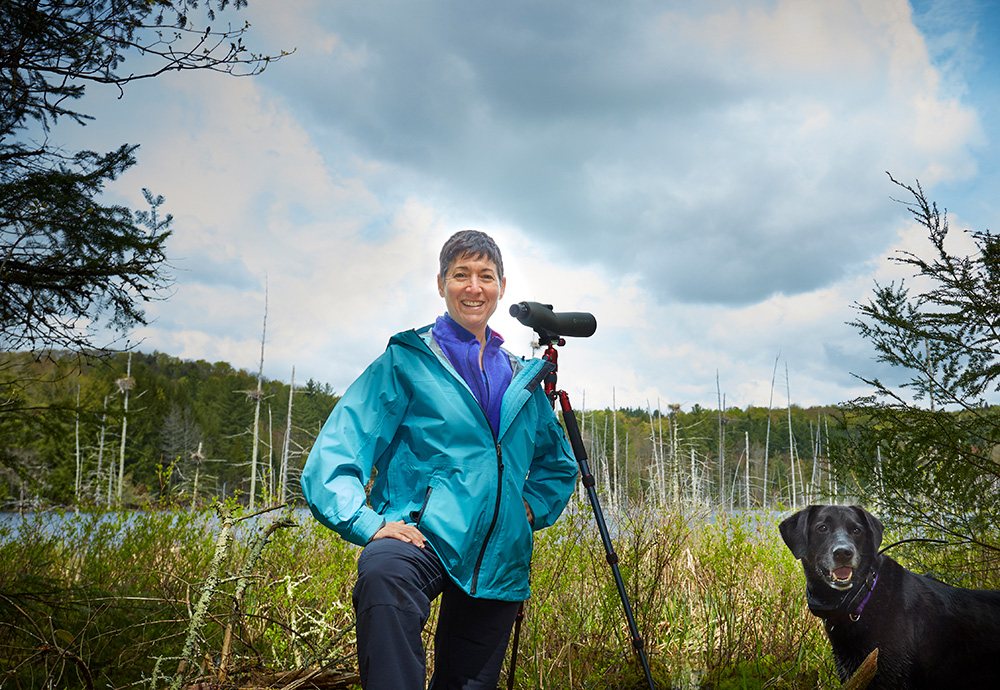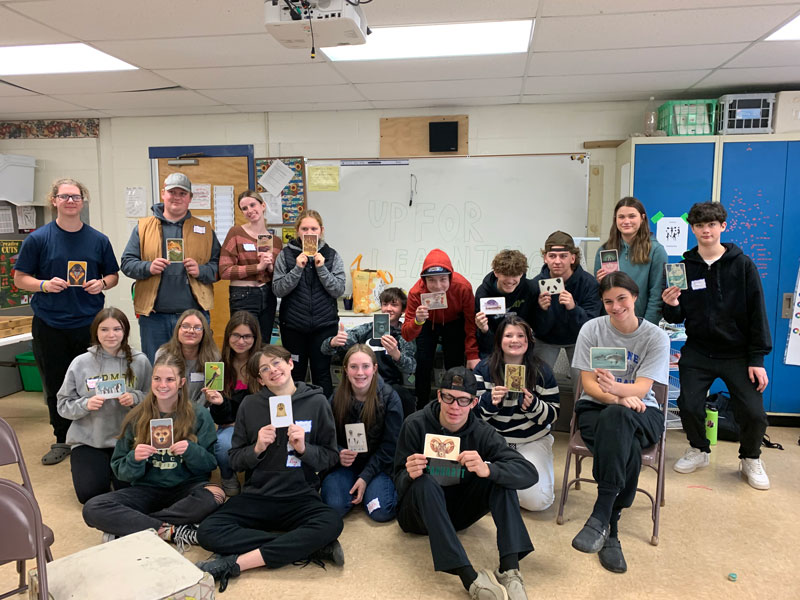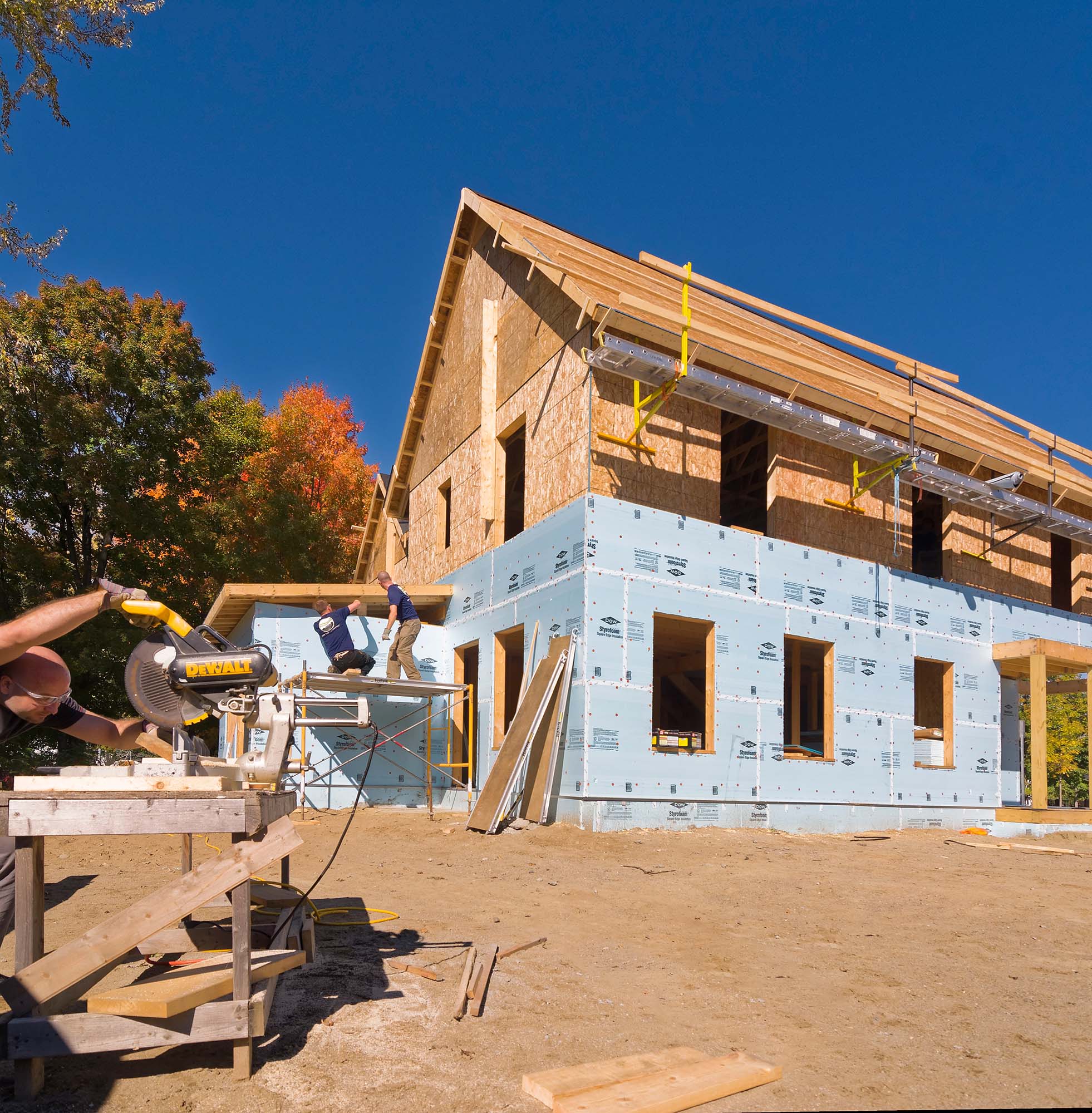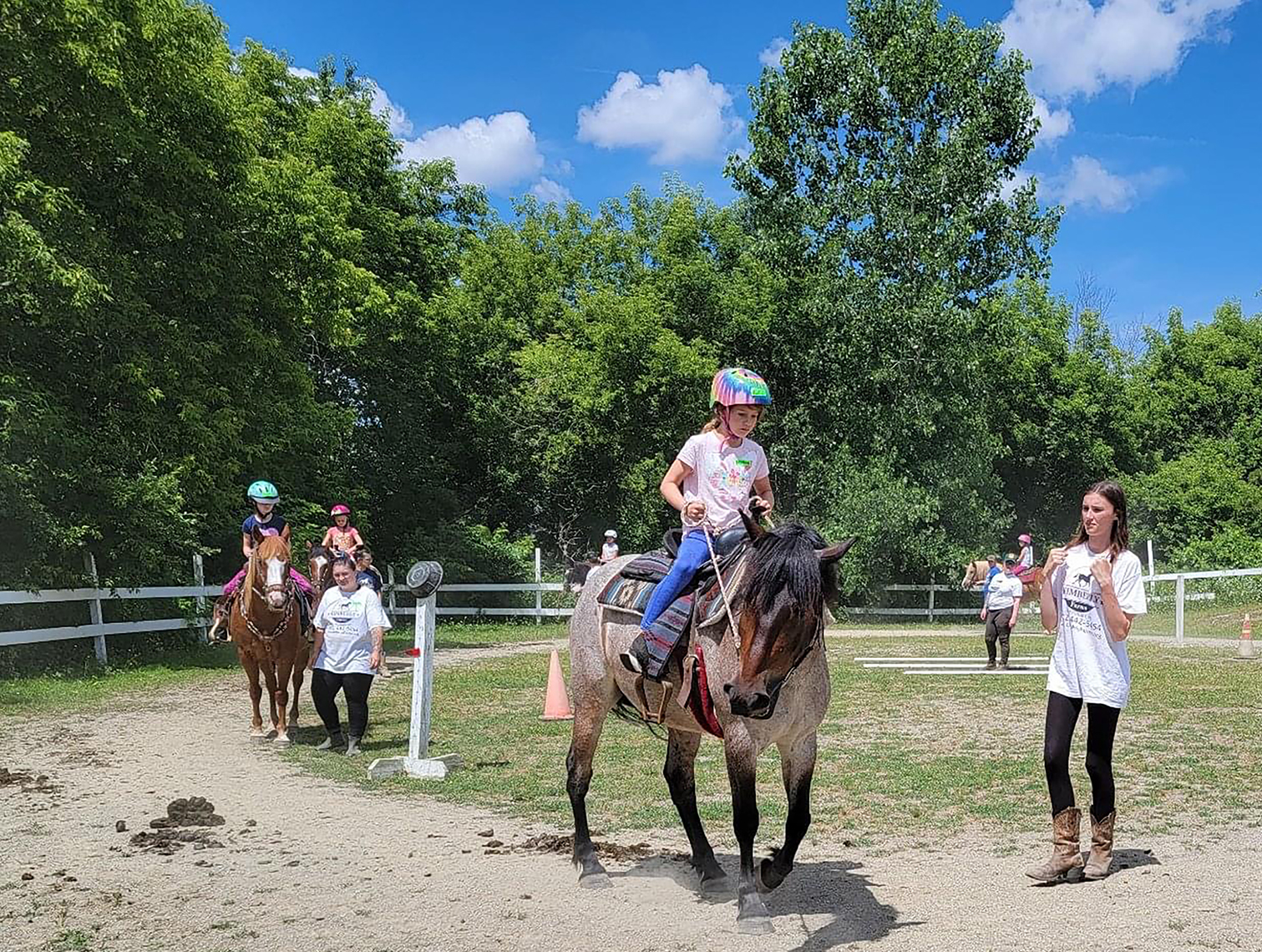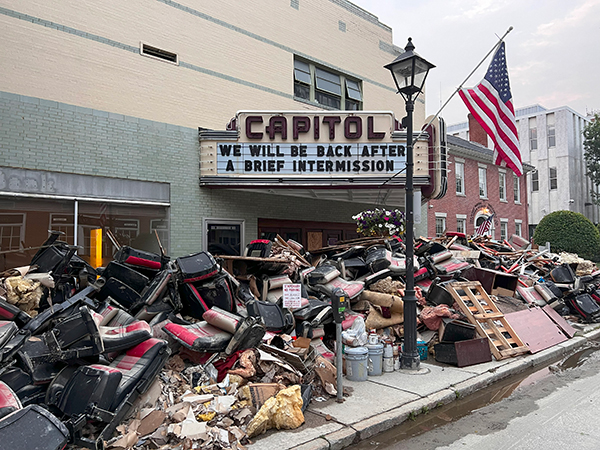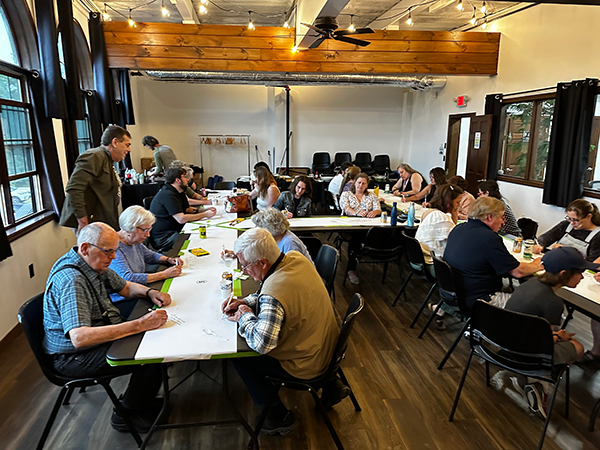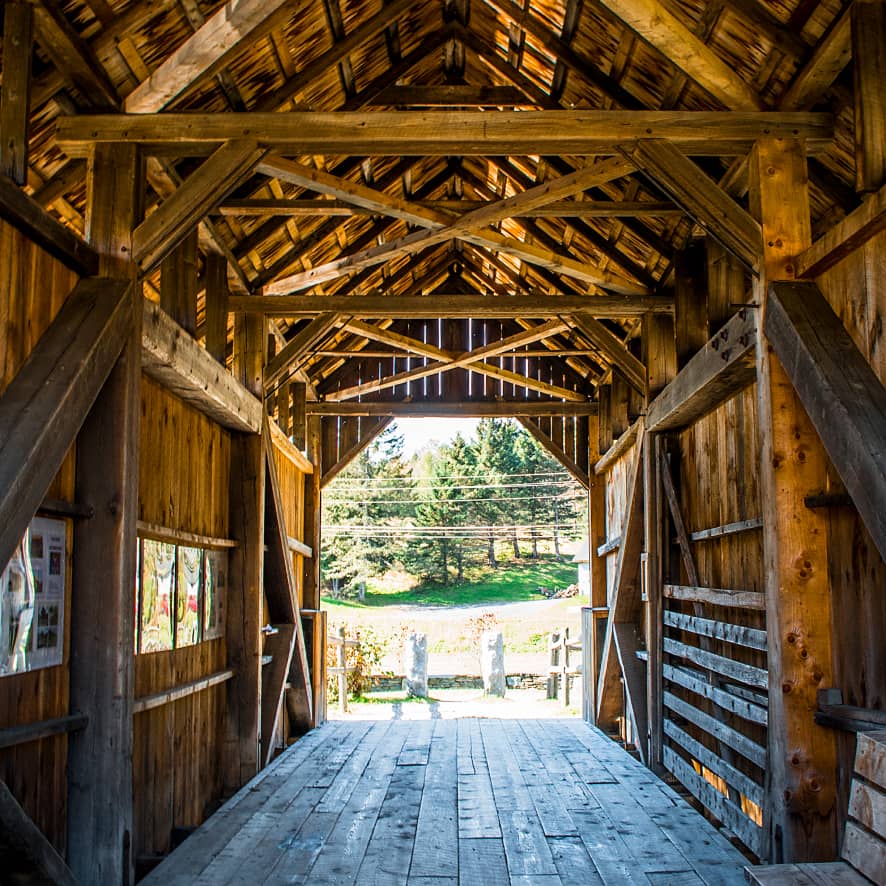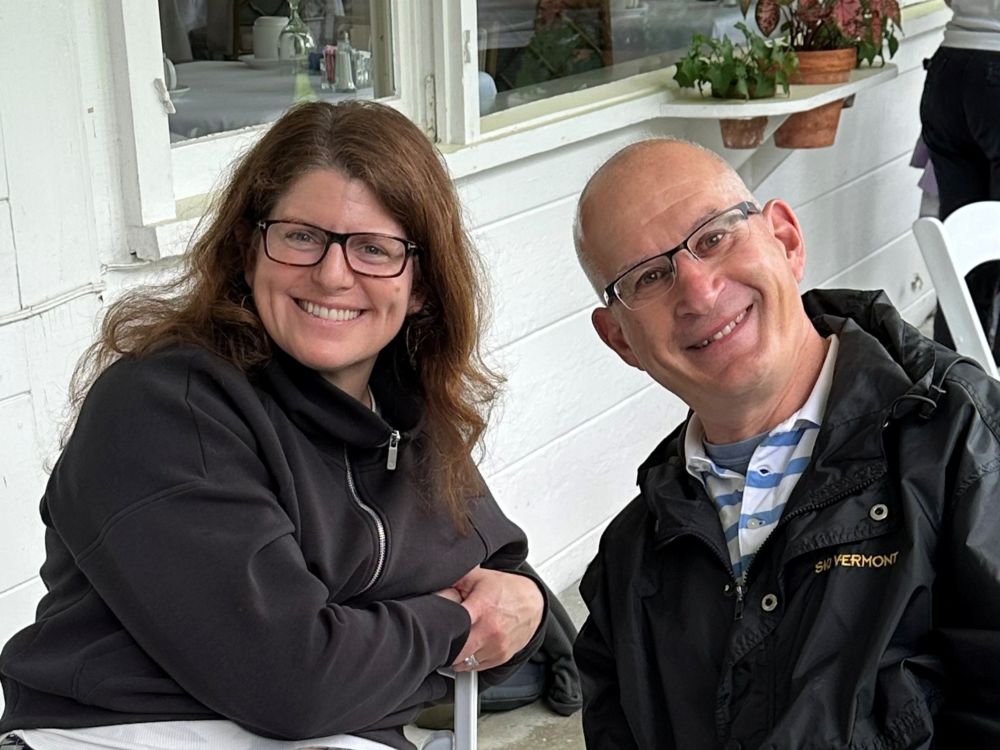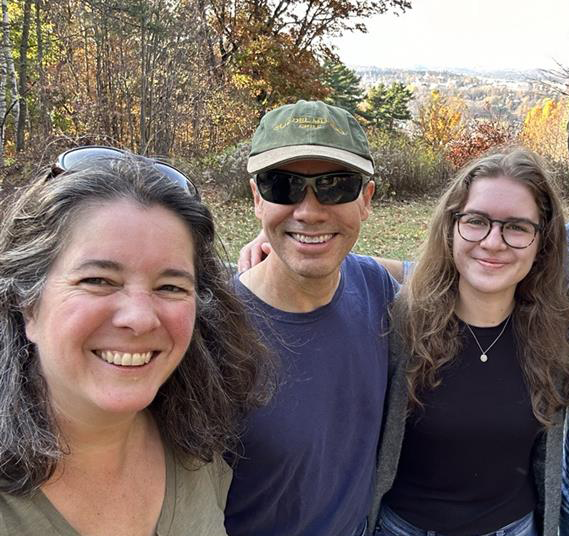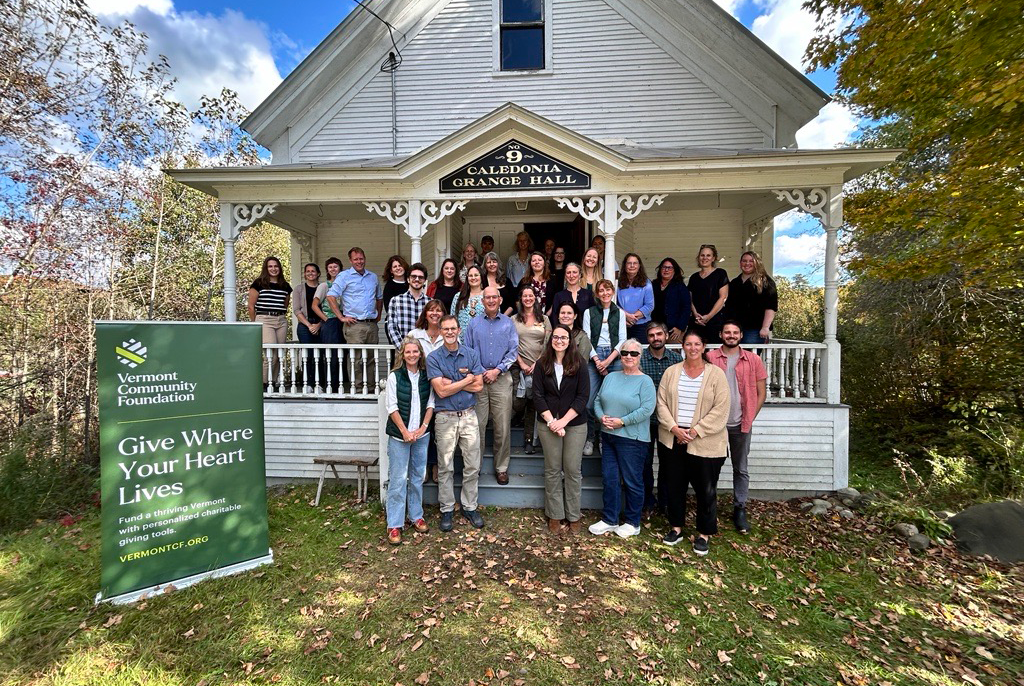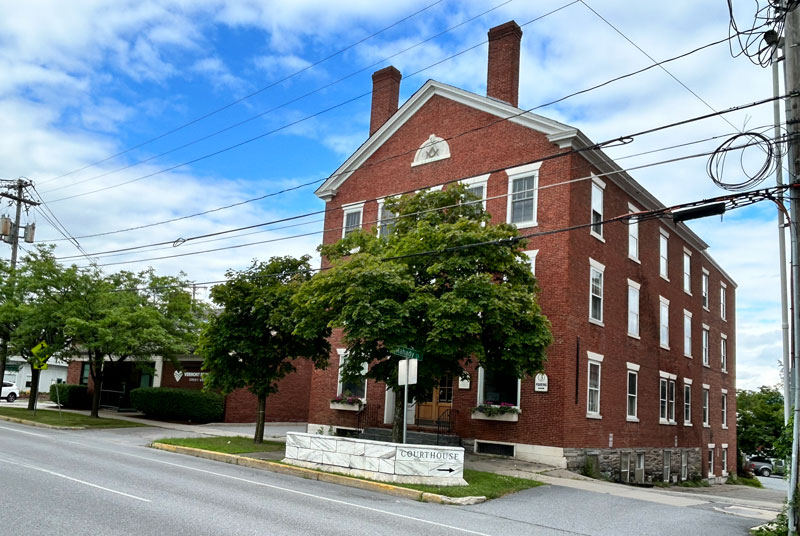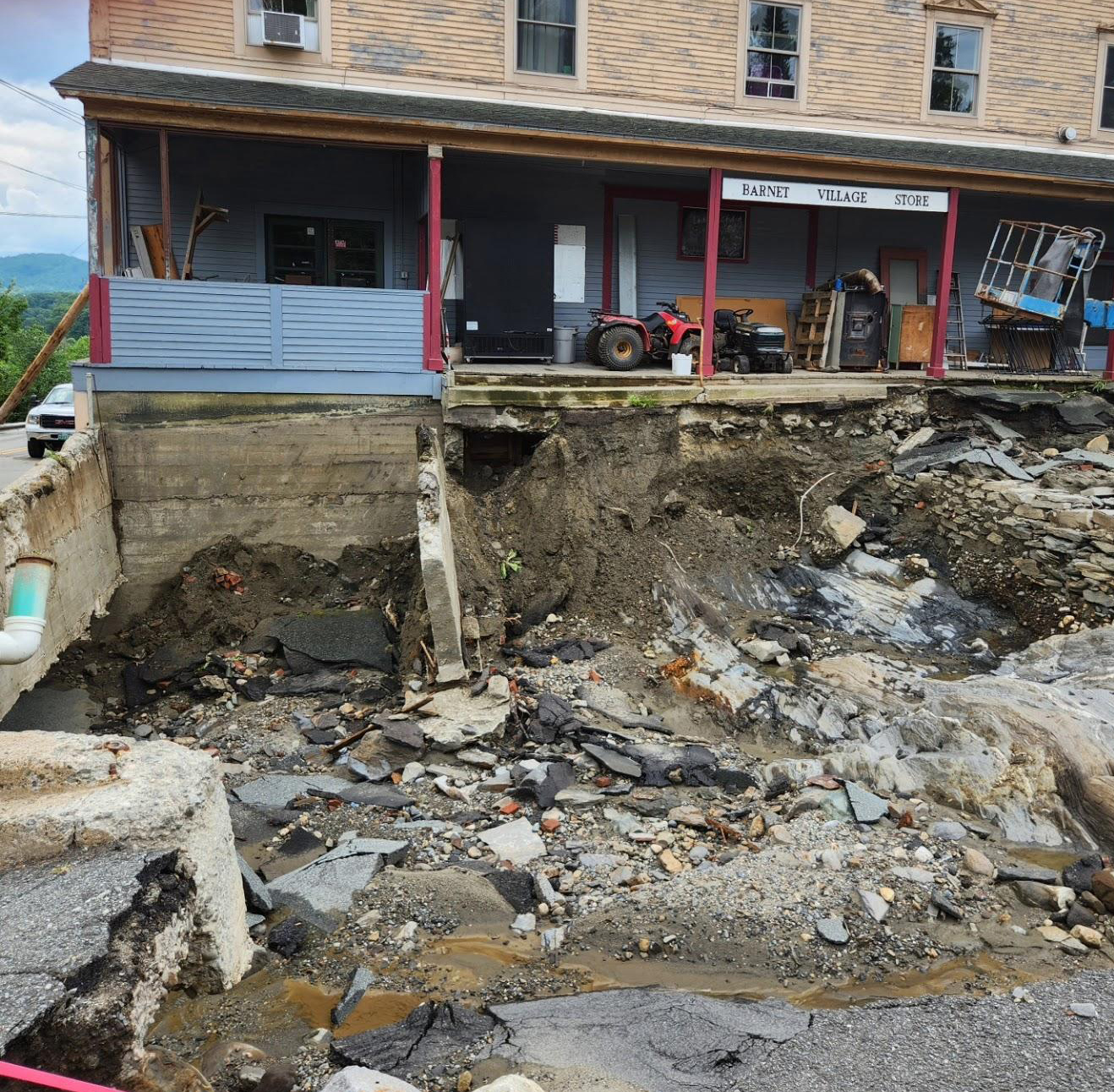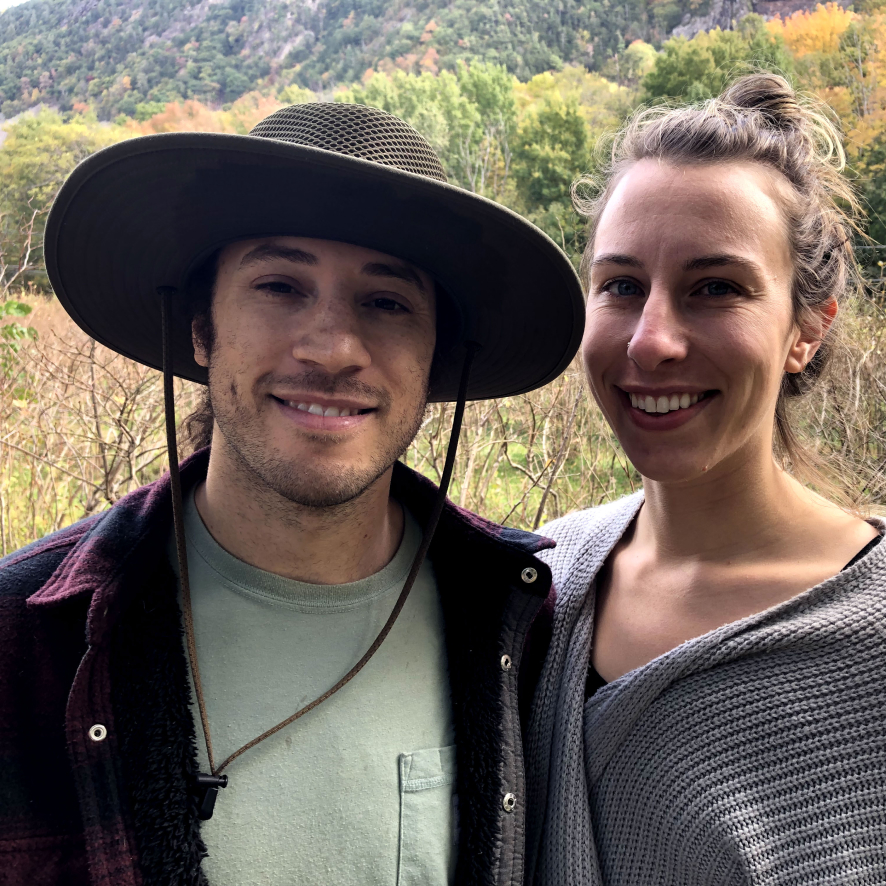For over a decade Vermonters have been working together to be better prepared for more frequent and intense storms and yet, there is still work to do. The July 2023 and July 2024 storms refocused attention on the very real threats that the changing climate poses to Vermont’s communities and economy. This is an important moment in time to foster more investment in our collective capacity to proactively prepare for the impacts of climate chang... e, to reimagine community development patterns, and to make Vermont towns and villages safer before the next event.
Suddenly a powerful noise erupted from the steep cliffs behind their Bristol home and pick-your-own blueberry farm. “We just heard, like, a roar coming over the mountain,’’ said Bryan, who initially thought it might be a low-flying F-35 fighter jet from Burlington. “But the sound didn’t go away.’’
Rivers of fast-running water were flowing down on either side of their house, and then rushing over the dirt road below it onto the fields of their farm, which had opened for the start of the season just days before. “The farm was a couple feet underwater,” Bryan said. “It was definitely shocking.”
The summer would bring two additional flooding events and so much rain to Lower Notch Berry Farm that the couple lost half of their blueberry crop and most of their secondary product, cut flowers. They also faced unexpected costs for excavation work to repair damage to the farm from the torrents of water, silt, and rock. The result, as Glascoe explained: “It was just a scrape-by year, literally and financially.”
The young farmers are not giving up, though, and are already planning for next summer. The farm recently received $10,000 from the Vermont Farm Disaster Relief Grant Program at the Vermont Community Foundation. The money, and the goodwill of people who donated to the fund, mean a lot, the couple said.
“We’re grateful to have the support of not just our friends, family, and community but organizations like the Community Foundation,” Bryan said. “Ten thousand dollars would not be a lot to everybody, but for us, after the summer we had, it’s a substantial help.”
The double-whammy of lost revenue and unexpected expenses blew up the business plan at the farm in just the second year that Bryan, 34, and Glascoe, 29, have owned it. The farm grant, and other encouragement, have helped them get through a challenging summer and stick with farming, which is one of the goals of the program. “We couldn’t have done it without the support,” Bryan said.
Days after the flooding, the Community Foundation created the VT Flood Response & Recovery Fund 2023. Since then, it has raised more than $11.7 million and awarded more than $5 million in grants.
In August the Foundation used funds from the VT Flood Response & Recovery Fund to create the Farm Disaster Relief Grant Program, with the goal of providing more direct help to farmers. The farm grant program has awarded more than $850,000 in grants so far and supported a wide range of farmers in counties across the state who lost equipment, crops, and sustained property damage during the flooding.
The farm grant program fits into broader work on the agricultural front at the Vermont Community Foundation, said Kate Neubauer, VCF program officer for Community and Environment.
“The Farm Disaster Relief Grant Program aligns with one of VCF’s largest discretionary grant portfolios, farm viability and food systems. Over the next five years, VCF will focus its grant-making on climate change impacts on agriculture, expanding markets to support a diverse farm economy, and helping to ensure that agriculture continues to play a pivotal role in Vermont’s economy, cultural heritage, and resident well-being.”
It was encouraging to see how quickly partners and donors came together to help create the Farm fund, she added.
“This innovative grant program was made possible by the collective effort of businesses and individuals who contributed generously to the VT Flood Response & Recovery Fund, our partnership with Vermont’s Agency of Agriculture, Food & Markets, and the volunteers who served on the grant review committee,” Neubauer said. The committee included farmers and representatives from partner organizations such as RELEAF Collective, Center for an Agricultural Economy, Northeast Organic Farming Association (NOFA-VT), Intervale Center, the Vermont Housing and Conservation Board, University of Vermont, Vermont Sustainable Jobs Fund, Vermont Land Trust, and Northeastern Vermont Development Association.
The farm grant program’s priorities include support for BIPOC farmers, with the goal of equalizing opportunity and countering systemically racist practices that have contributed to racial gaps in farmland ownership. Bryan, who identifies as bi-racial, said he appreciates that the program includes support for BIPOC farmers, acknowledging that they are relatively few in number in Vermont. “I feel proud that I’m filling that space,” he said.
At Lower Notch Berry Farm on a recent morning, Glascoe and Bryan walked past rows of their roughly 2,500 blueberry shrubs, which were planted by the prior owners. They are optimistic that most of the shrubs will survive but won’t know for certain until the spring. Multiple episodes of standing water and heavy rain turned a significant portion of the fruit this year into a squishy mess. “There wasn’t a lot of photosynthesis happening this summer,” Glascoe said.
They’ve moved the flower beds to a higher section of the farm and regraded the farm entrance area for better access and drainage. Despite the challenges of the past year, they are hard at work planning for next summer and appreciate the fact that people across Vermont have made donations to support not just them but the many other farmers who were affected by the flooding. “It’s good to feel like our community has our back,” Bryan said. “So we can all keep moving forward again.”
